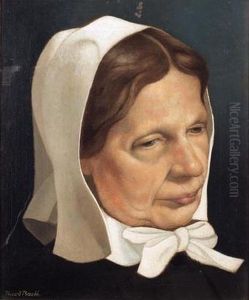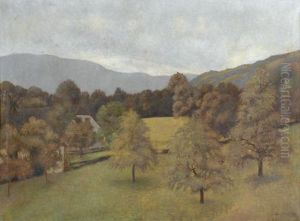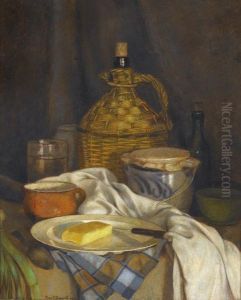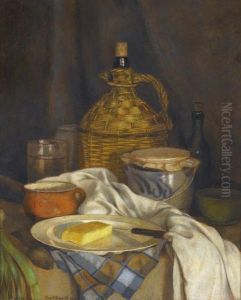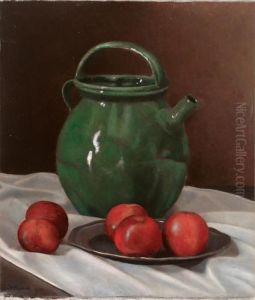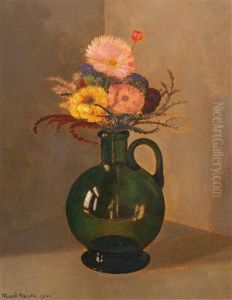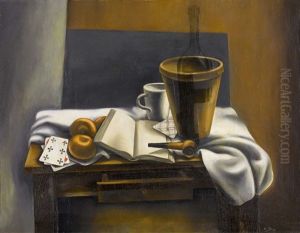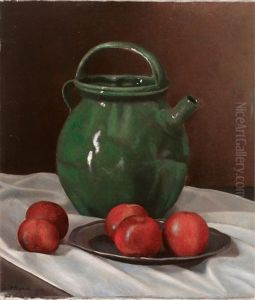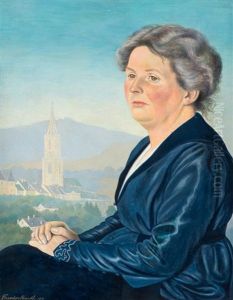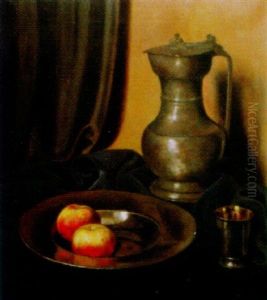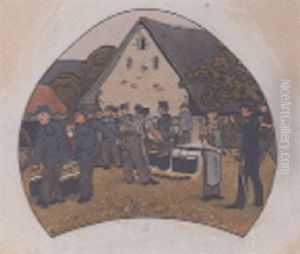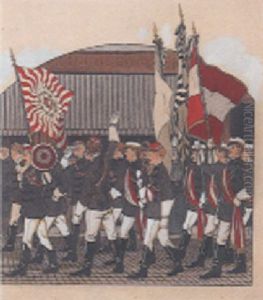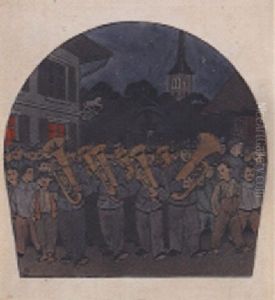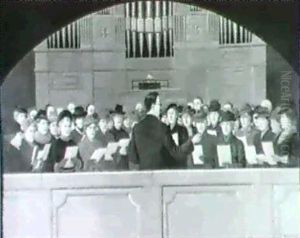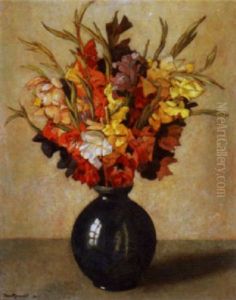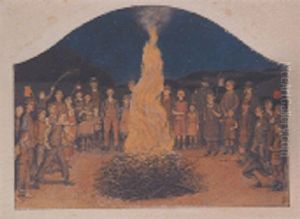Theodor Barth Paintings
Theodor Barth was a notable figure in the art and cultural scene of Germany, primarily recognized for his contributions as an art critic, journalist, and editor rather than a traditional artist. Born in 1849 in Herford, Prussia (now Germany), Barth's intellectual journey and career were reflective of the dynamic and transformative period of the late 19th and early 20th centuries in Europe, a time marked by significant political, social, and artistic upheavals.
Barth's educational background and early career are not widely documented, but it is known that he immersed himself in the vibrant cultural life of Germany, developing a keen interest in the arts, politics, and literature. He became an influential voice through his writings, critiques, and editorials, which were published in several prominent German newspapers and journals. His work often explored the intersections between art, society, and politics, demonstrating a profound understanding of the role of culture in shaping public consciousness and national identity.
Throughout his career, Barth was closely associated with the liberal and progressive movements of his time, advocating for freedom of expression and the importance of art as a tool for social and political commentary. He was a contemporary of many significant artists and intellectuals and engaged in lively debates on the nature and purpose of art, contributing to the broader discussions that defined the cultural landscape of the late 19th century.
Barth's impact was also felt in his role as an editor, where he championed the works of emerging artists and writers, providing them with a platform to reach wider audiences. His editorial work was characterized by a commitment to high standards of criticism and a belief in the power of art to inspire change and reflection.
Theodor Barth's contributions to the art world and his active engagement in cultural and political discourse mark him as a significant figure in the history of German art criticism. His death in 1909 marked the end of a career that had spanned some of the most tumultuous and transformative decades in European history, leaving behind a legacy of critical thought and advocacy for the arts. Though not an artist in the traditional sense, Barth's influence on the cultural milieu of his time and his work in promoting the understanding and appreciation of art continue to be recognized by historians and scholars.
